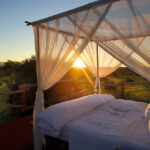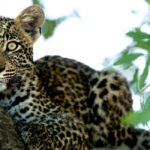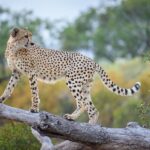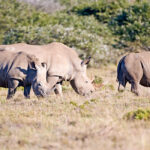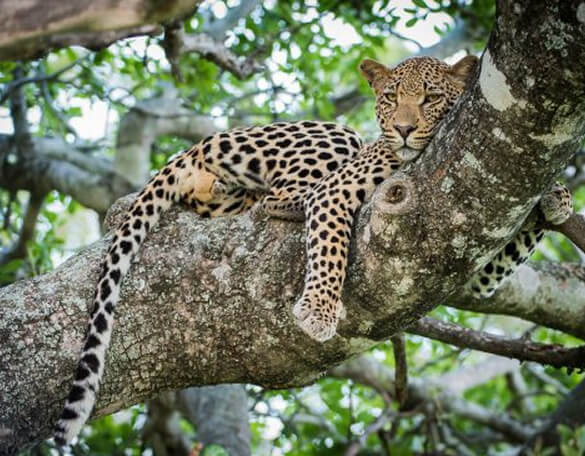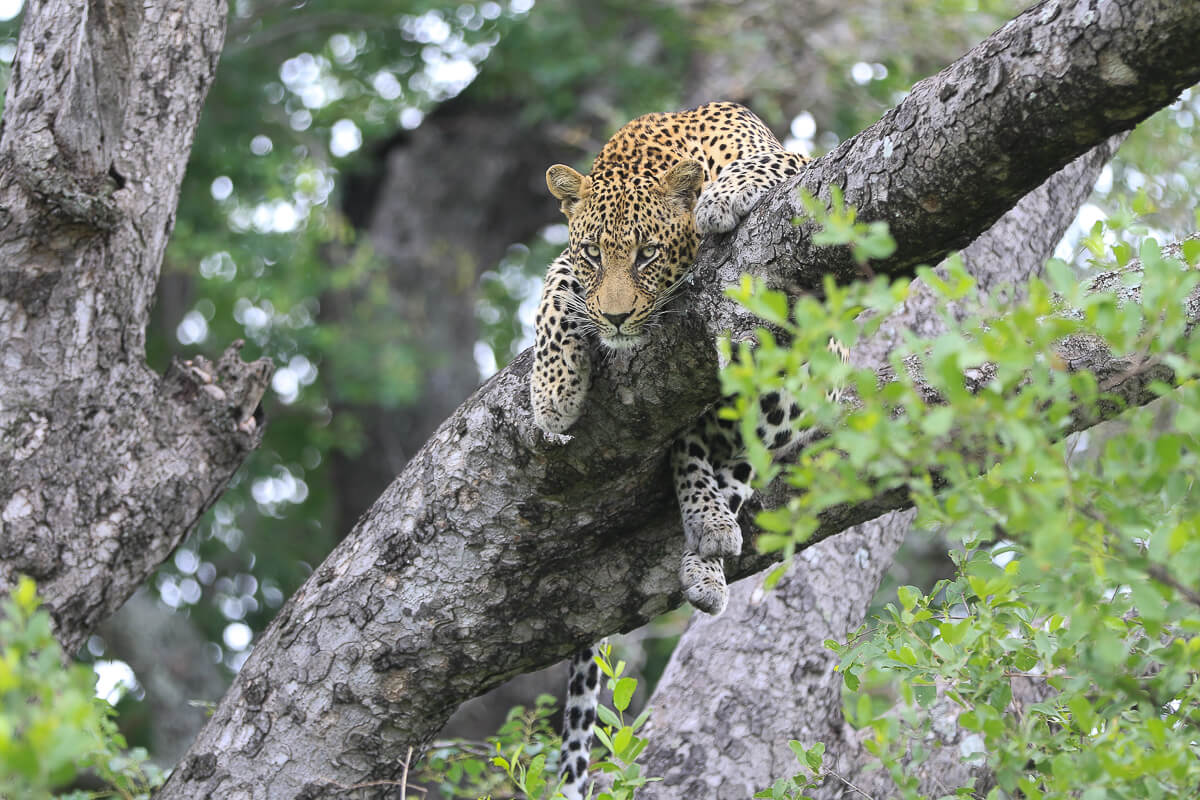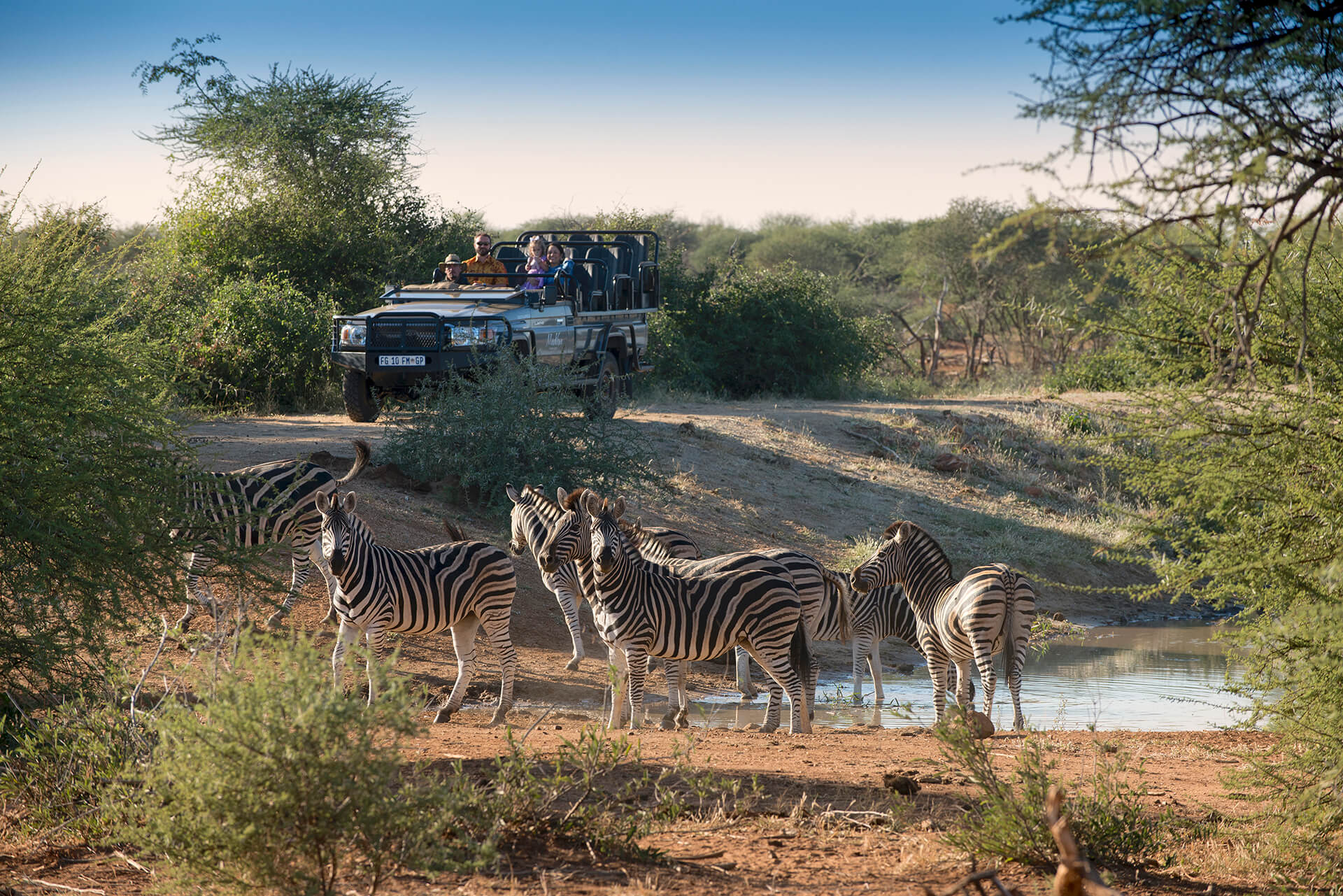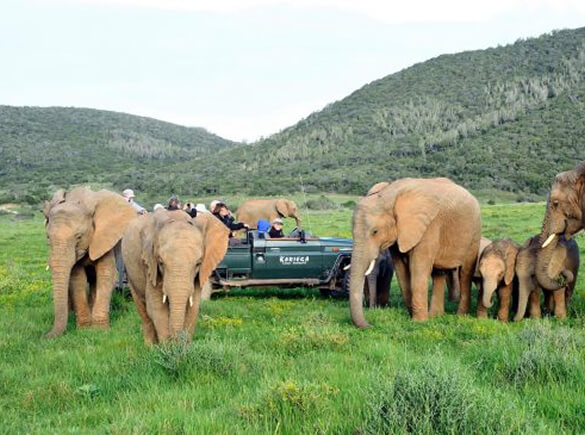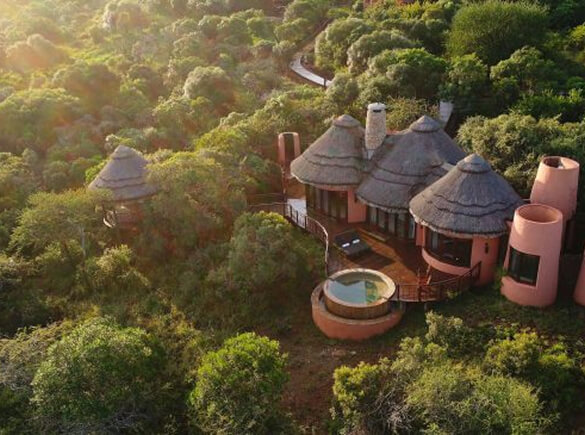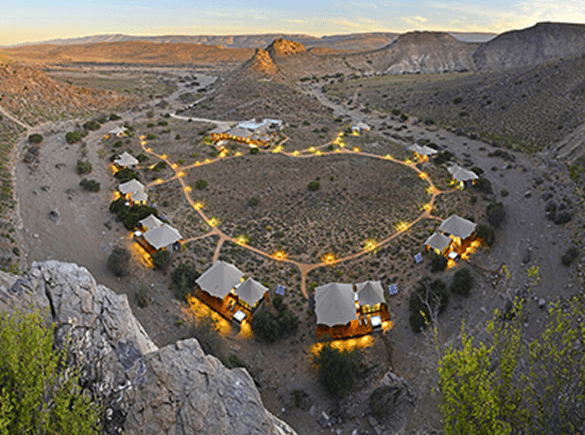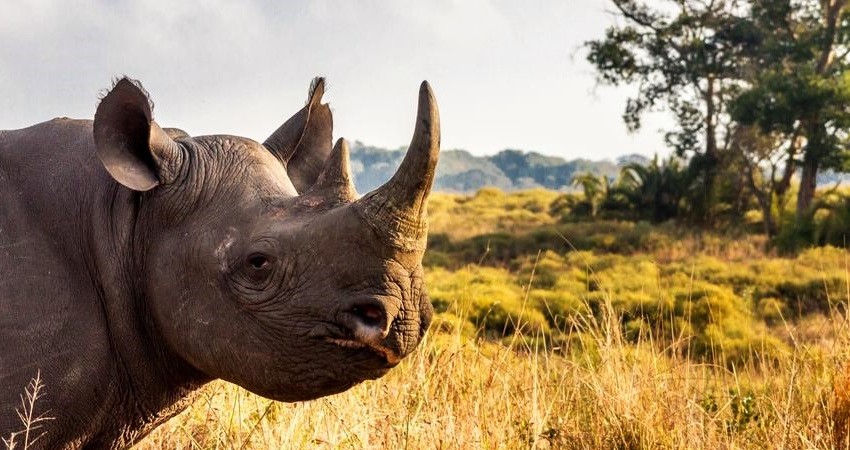
Safari safety tips and information can help you stay safe on African safaris. Yes, spotting the Big Five and other animals out in the wild is an incredible experience and game parks and game reserves take precautions to ensure the safety of visitors. Still, there will always be some degree of danger when you’re around untamed fauna in the wilderness. Things can go wrong. For this reason (and others), it is worth doing some research before safari holidays. In this post, we share a few tips for staying safe on safaris in Africa.
General Safari Safety Tips
Go with (and listen to) a guide. The best way to experience a safari is with a professional safari guide. They know the terrains and are familiar with the behaviour and movements of animals. This makes it much more likely that you will enjoy safe and pleasurable safari activities. Just be sure to follow their instructions!
Know the rules and regulations. Prior to going on a safari in Africa, learn about the place you will be visiting. Take the time to familiarise yourself with their safari rules and etiquette. All wildlife parks and reserves have rules. These rules are in place for the safety of not only visitors and staff but also the animals.
Keep your eyes and ears open at all times. If you’re going with a guide or ranger, they are typically armed, but you still want to be alert to potential dangers. An added benefit of remaining attentive is that you’ll be able to detect the presence of the Big 5. Bird calls and animal noises often indicate that they are close by.
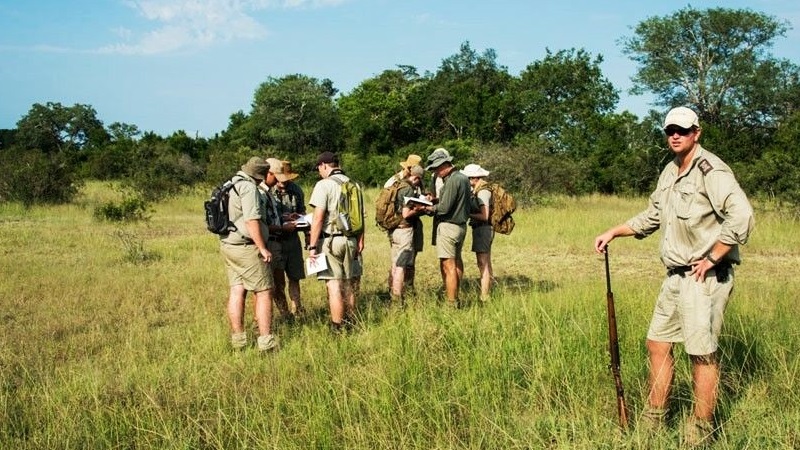
Safari Safety Tips for Game Drives
Do not leave your vehicle. On safari game drives, always remain inside your car or truck. That is, unless you’re on a guided game drive and your professional guide instructs otherwise. Even seemingly harmless animals can cause injuries, and you could get left behind if the vehicle needs to drive away in a hurry.
Service your vehicle before the safari. If you’re going to be driving yourself around the game park or reserve, then your car should be roadworthy. The last thing that you want is for your vehicle to break down in the middle of the park. This could be inconvenient and stressful, not to mention dangerous.
Close your vehicle. Roll up your windows and close your sunroof on game drives, as leaving these open makes it easy for certain animals to jump through them. For example, big cats such as cheetah and lions. Moreover, look out for baboons and monkeys, which are known to steal food and expensive belongings.
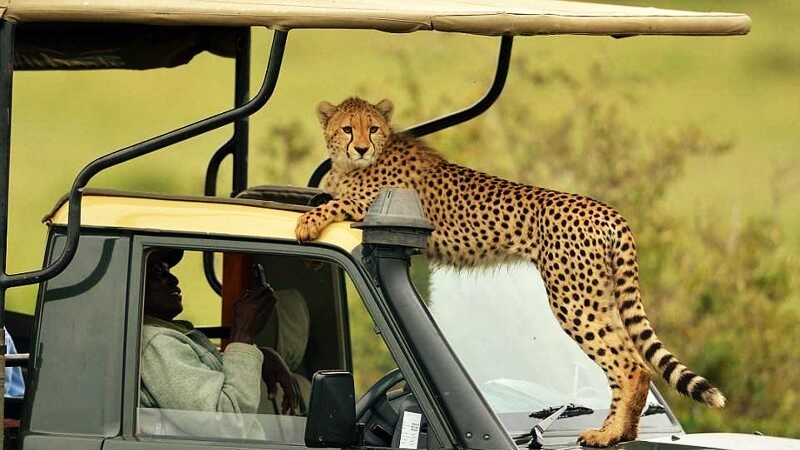
Safety Tips for Safari Walks
Wear the right clothes. One of the top safari safety tips! One should wear appropriate clothing on all safari activities, but especially on bush walks. Knowing what to wear on safari enables you to protect yourself from nature and the elements. It also prevents you from attracting the wrong kind of animal attention.
Walk, don’t run, and don’t walk alone. Running is prey behaviour in national parks and game reserves and can attract predators. Wild animals will instinctively want to give chase if they spot you running. You could also become a target walking alone (more so in the evenings), so don’t get separated from your group.
Never turn your back on the animals. While you may be tempted to snap a couple of selfies with game animals on your safari walk, do not ever turn your back on them. Even if a safari guide and other people are with you. Again, the behaviour can be interpreted the wrong way. This could lead to an attack or injury.
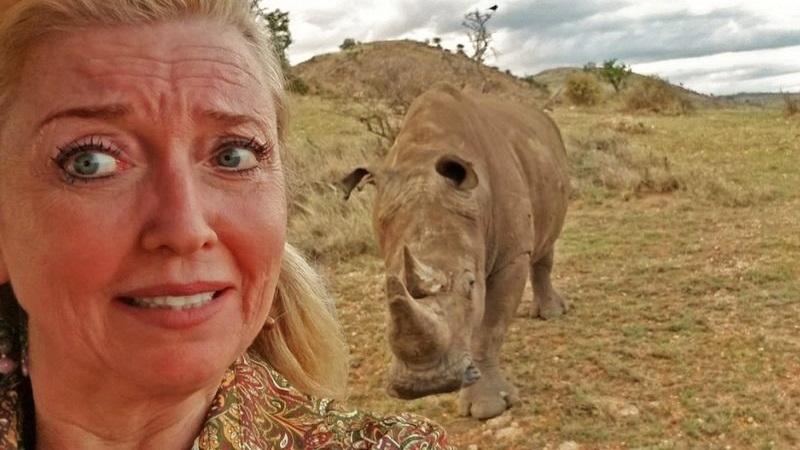
–
For more safari safety tips and information, particularly relating to South African safaris, feel free to contact Safaris Down South here. You may also want to check out our other safari blogs.


